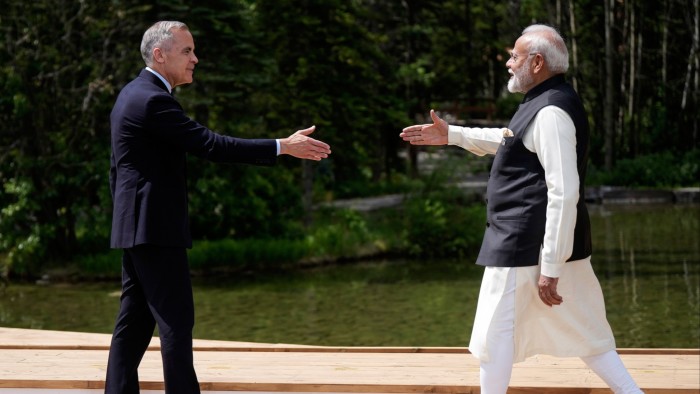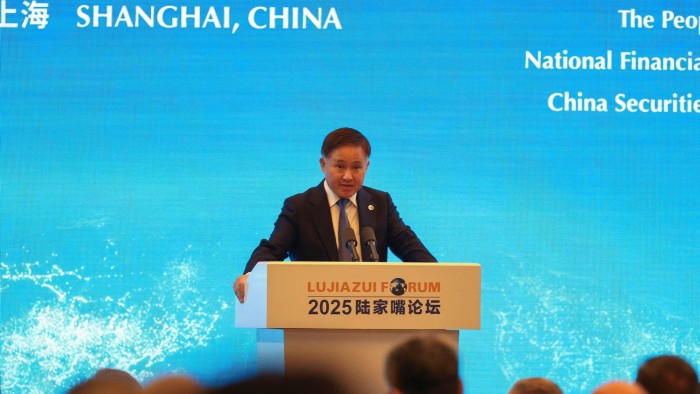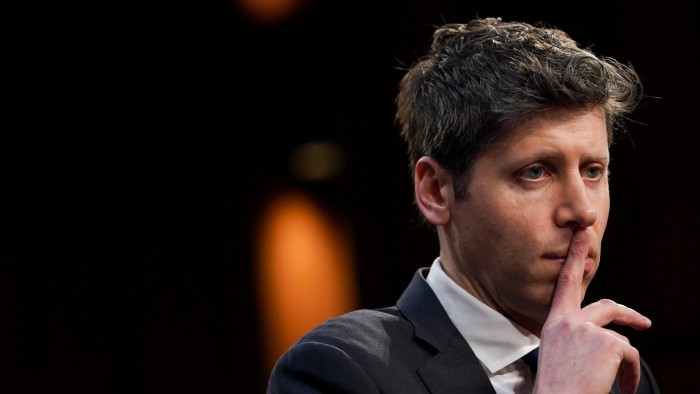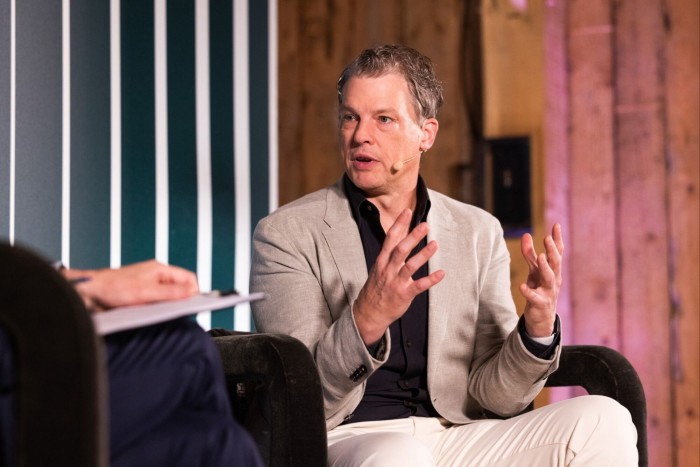Carney and Modi reset Canada-India ties after row over Sikh activist’s death

Unlock the Editor’s Digest for free
Roula Khalaf, Editor of the FT, selects her favourite stories in this weekly newsletter.
India and Canada have mended their bilateral relations, ending a two-year-old diplomatic rift triggered by accusations of New Delhi’s involvement in the death of a Canadian Sikh activist.
Canadian Prime Minister Mark Carney said that Canada and India had agreed to reinstate their top diplomats and renew visa services to each other’s citizens and businesses. This came after he met India’s Prime Minister Narendra Modi at the G7 summit in Kananaskis.
“I think the meeting was important,” Carney said. “I would describe it as foundational; it’s a necessary first step.”
India’s external affairs ministry said that the two leaders had agreed to pursue a “constructive and balanced partnership grounded in mutual respect for concerns and sensitivities”.
New Delhi said the two sides discussed restarting talks on a trade agreement that India had frozen in 2023 amid a falling out under previous Prime Minister Justin Trudeau, who resigned in January.
India and Canada downgraded relations after Trudeau said in a September 2023 speech that there were “credible allegations” of a potential link between Indian government agents and the murder of Hardeep Singh Nijjar, a Canadian activist from the group Sikhs for Justice shot dead in Surrey, British Columbia, in June of that year.
Nijjar was part of a movement calling for the creation of an independent Sikh Khalistan in India’s northern Punjab state, which was the centre of a bloody separatist insurgency and Indian government crackdown in the 1980s and early 1990s.
As the two Commonwealth countries’ diplomatic spat escalated, they expelled several of each other’s diplomats, including their high commissioners.
In November 2023, US authorities foiled a separate alleged plot to assassinate Gurpatwant Singh Pannun, a US-based Sikh separatist. US federal authorities have arrested two Indian nationals, including a former intelligence agent, who are both in detention in the US awaiting trial.
India views pro-Khalistan activists as terrorists, and accused Ottawa of tolerating an extremist movement, some of whose members threatened Indian diplomats based in Canada. The worst mass murder in Canadian history, the bombing of an Air India flight bound from Montreal to London that killed 329 people in June 1985, was blamed on Sikh extremists.
Some in Canada’s Sikh community had voiced concerns about Carney’s invitation to Modi for the summit in Kananaskis.
Carney said there had been a “frank, open exchange of views” around law enforcement and transnational repression.
Analysts from both countries saw the reconciliation as a pragmatic reset by two global powers in uncertain times.
“This is less about finger-waving as we saw before with Trudeau,” said Canada West Foundation’s Carlo Dade. “Canada can’t afford to do that anymore.”
C Raja Mohan, a professor at the Institute of South Asian Studies at the National University of Singapore, said that India and Canada were now “moving forward to put the past two years behind them”.
He said: “The issues that exist — India’s concerns about extremism and Canada’s concerns about India’s transactional activities — will now be addressed purposefully by the two countries’ security establishments.”
Canada is home to one of the largest communities of Indian origin, with about 1.3mn people or 4 per cent of Canadians being of Indian descent.
An independent Canadian government report this year found that India was the “second most active country” after China in engaging in foreign electoral interference in Canada.
“A body of intelligence indicates that proxy agents may have, and may continue to, clandestinely provide illicit financial support to various Canadian politicians in an attempt to secure the election of pro-India candidates or gain influence over candidates who take office,” the report stated. India rejected what it called the report’s “insinuations”.




